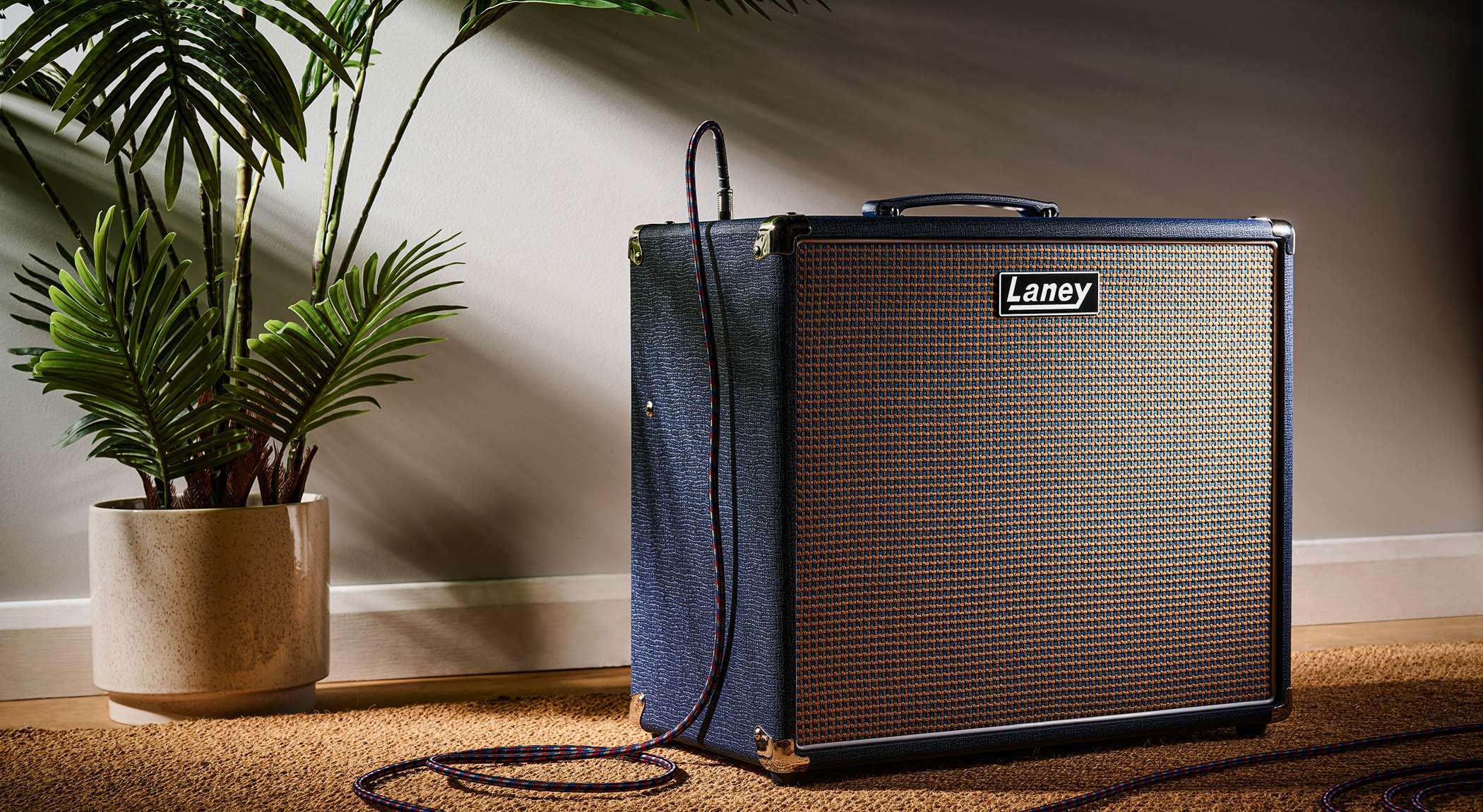
What is it?
One of the UK’s leading legacy amp brands, Laney has been synonymous with Black Sabbath’s Tony Iommi during his era-spanning reign.
Not content trading simply on its heritage, however, Laney continues to evolve its amplifier line with the Lionheart range of powerful yet dynamic valve amps, which were initially released for the company’s 40th anniversary in 2007.
These models became firm favorites for elite players including John 5 and Glenn Hughes. Now, the Foundry Series seeks to distill the responsive tone of the valve models into a solid-state combo amp. As cork-sniffing valve enthusiasts, we’re looking forward to testing the website’s claim: “We’ve made it feel like you’re playing a tube amp.”
To bring innovation to its lineage, Laney launched a research and development branch, and since 2019 the Black Country Customs team has been devising innovative products such as The Difference Engine delay pedal and its LoudPedal ’board-format amps. Here, our Super60 on review has been designed and engineered in the UK and constructed in China.
This attractive yet subdued-looking amp, in its blue, fawn, and silver livery, nods towards a mid-century Supro aesthetic but with an extra depth to the cabinet, which we’re hoping will be tonally beneficial due to the open-back design. It’s surprisingly light, weighing in at 11.5kg (25.4lb), so you’ll be able to get it up the rehearsal room stairs without breaking a sweat.
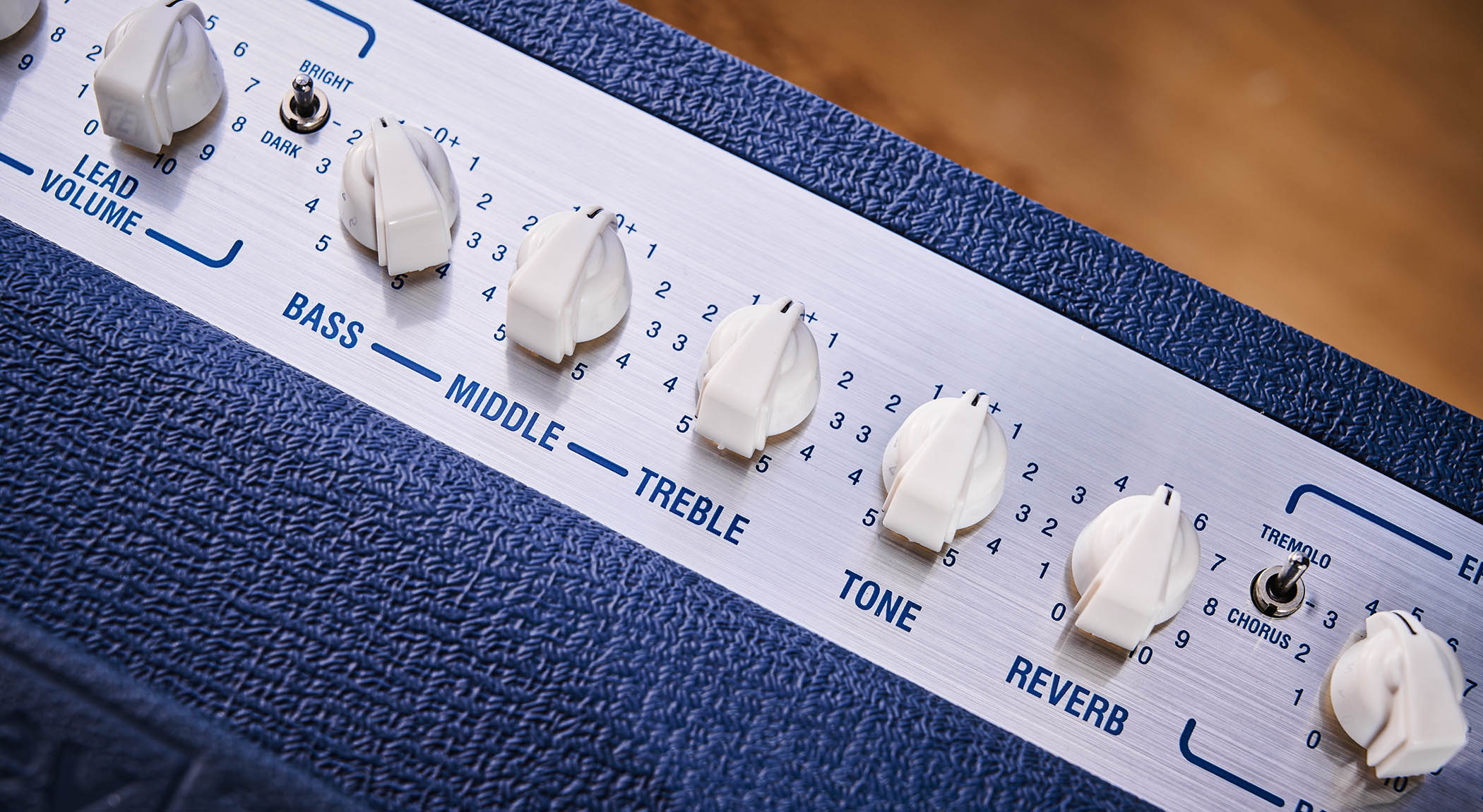
The silver faceplate houses the retro mini chickenhead controls. A single input sits alongside the first source of fun: the footswitchable boost. This can push either channel into an additional level of gain, effectively giving you four channels for the price of two.
Channel 1, the clean channel, comprises a single volume and Bright switch, whereas the lead channel (Channel 2) has gain and level controls, and a Bright/Off/Dark toggle.
The master tone section features bass, middle, and treble, plus a master tone control to quickly steer the amp’s ‘bass to treble’ ratio to match different guitars and playing venues.
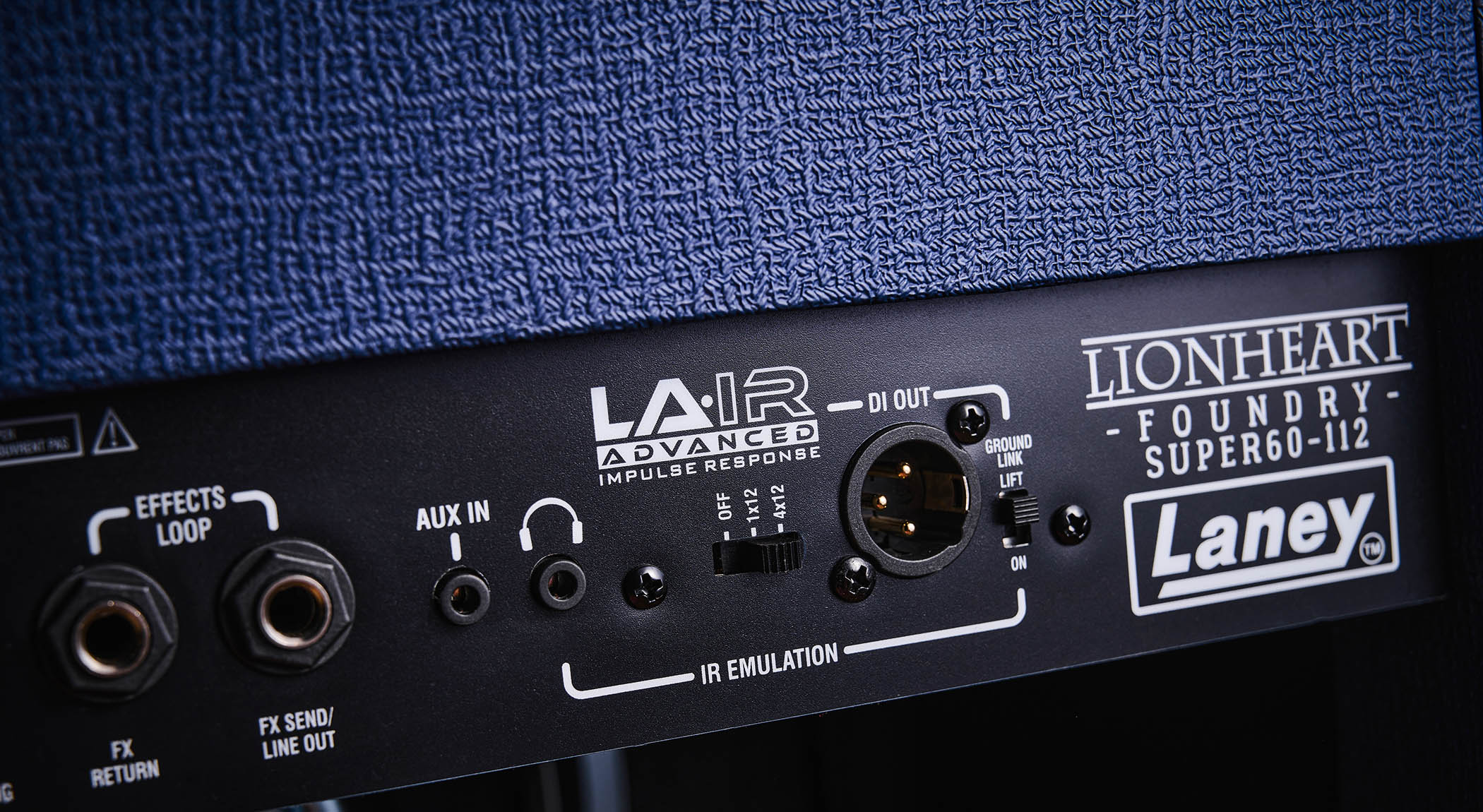
The effects stage has reverb, taken from the design of Laney’s Secret Path pedal, and a chorus from the Spiral Array, as used by Andy Timmons no less. Channel, boost, reverb, and mod effects can all be switched via the rear sockets, although no footswitch is included.
Alongside are the wattage sector switch (which toggles between the full 60 watts and a bedroom-friendly one watt) and a speaker-muting headphone mini-jack for full stealth mode.
There’s also an external audio in jack for the busker with backing tracks, and, impressively, an IR-based speaker emulated XLR output for recording with 1x12 or 4x12 emulation options.
Specs
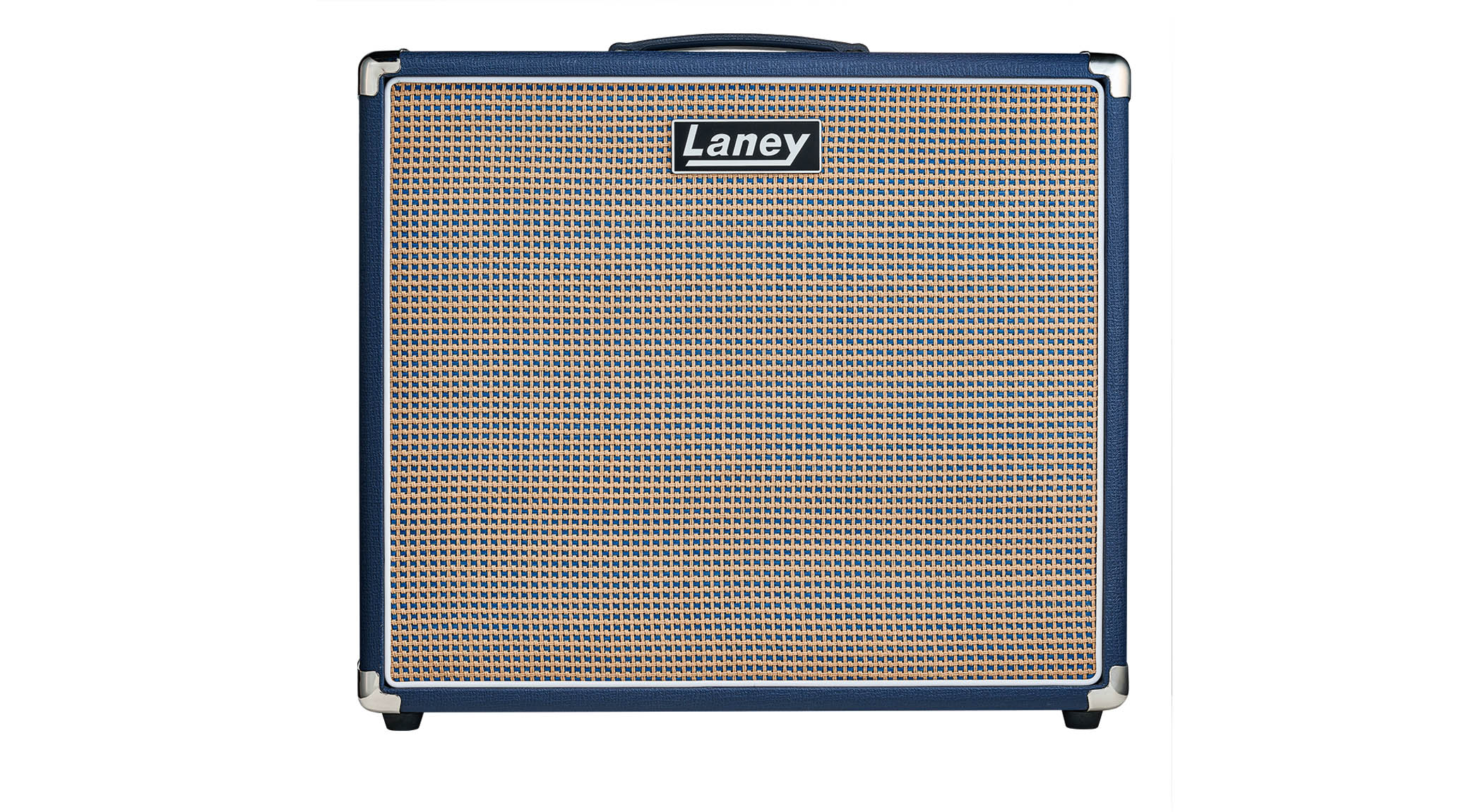
Launch price: $549/£349
Type: Solid-state combo
Origin: China
Output: 60 Watts RMS
Speaker: 12", HH Acoustics HH1260
Channels: 2
Controls: Boost w/on/off switch, Ch1 Clean Volume w/Bright switch, Ch1/Ch2 toggle switch, Lead Gain, Lead Volume, Bright/Dark switch, Bass, Middle, Treble, Tone, Reverb, Tremolo/Chorus switch, Effects Rate and Depth
Connectivity: 1/4" input, Balanced XLR IR-recording output, headphones output, aux-in, effects loop, footswitch input
Footswitch: Available, sold separately
Weight: 25.4lbs/11.52kgs
Dimensions (WxHxD): 485x447x259mm
Contact: Laney Amplification
Usability and sounds
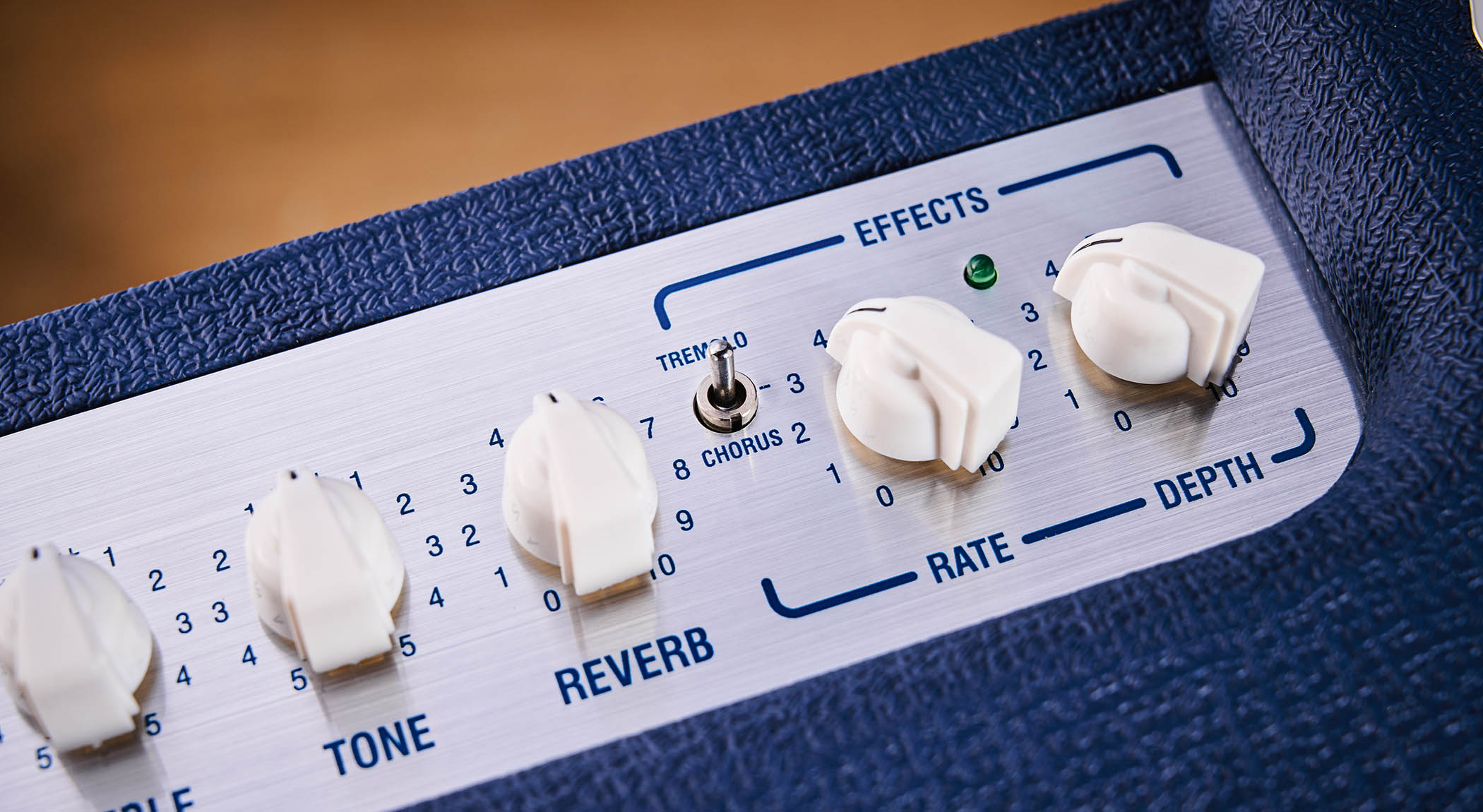
Using a Telecaster Deluxe plugged into the clean channel, with tone controls in mid/neutral position, we’re greeted by an impressive full-bodied presentation.
As promised, the amp responds with a valve-like touch responsiveness that inspires further playing and, by applying the boost, takes us into the pushed-Fender amp realm where bluesy licks begin to feel effortless. With 60 watts on tap, we can bring the clean sounds up loud enough to hold their own against even a heavy hitting drummer.
Switching to the lead channel, taking over where the clean channel’s gain topped out, the tonality of this channel is immediately appealing. Its contoured, smooth overdrive reminds us of Orange amps, yet with possibly more gain available.
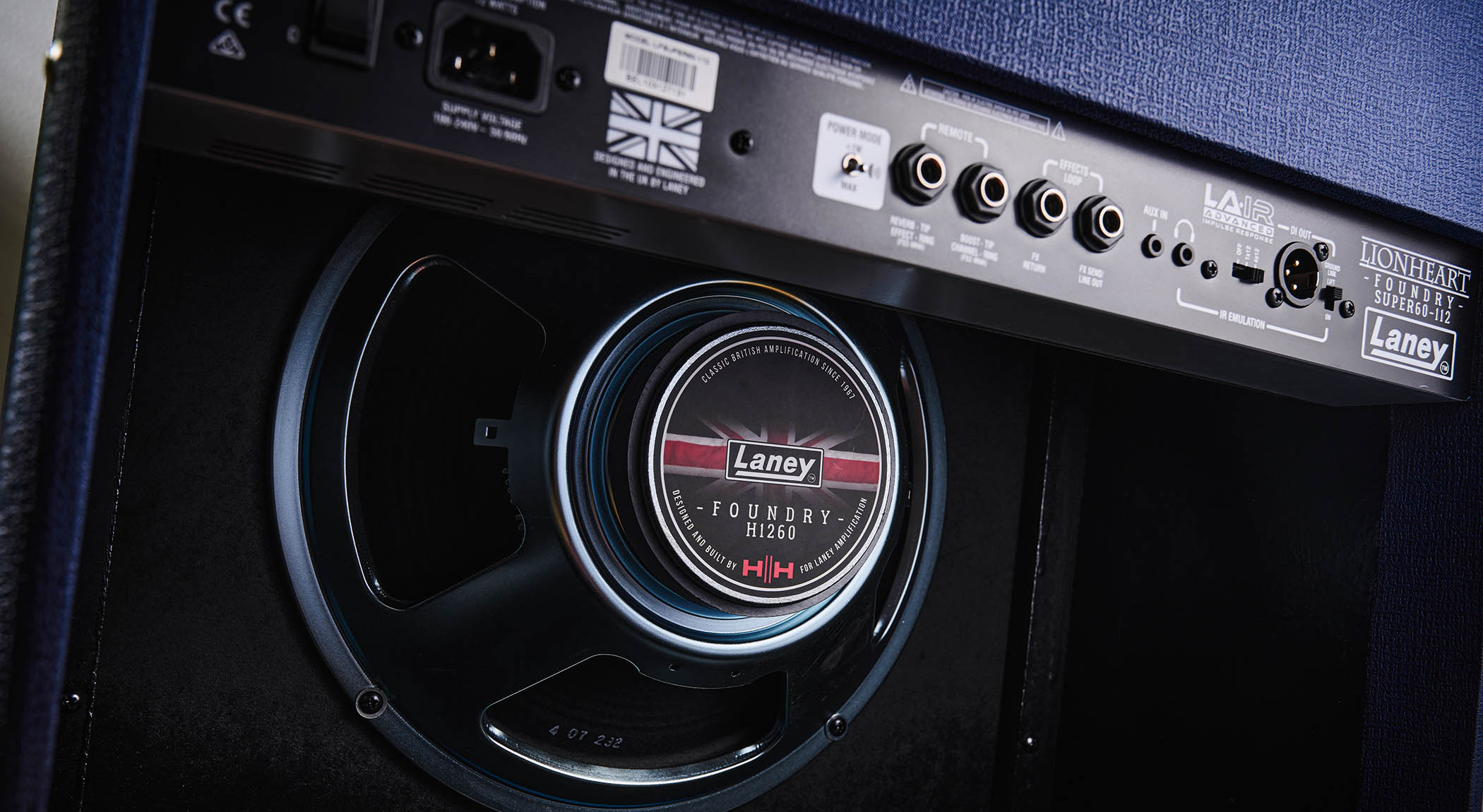
Any honky upper-mids seemed attenuated to a degree, lessening the squawk and quack that can plague Stratocaster-style guitars. And moving to a Cutler Custom S-style, the amp easily turned in a convincing Van Halen ‘brown’ sound, a feat many would assume out of range for an affordable solid-state combo such as this.
For once, time allows us to put this amp through its paces at a gig and it was a rare pleasure for this writer to walk through a venue with all his gear in-hand and not be breathless upon reaching the stage. The amp held its own all night against drums, bass, vocals – and four horn players!
One thing to note, in comparison to the 70s Fender Twin previously used for this gig, the Super60 has quite a large and open low-end. In positive terms, that can help the guitar hold its own, and by dialing back the bass control and flicking on the Bright switch, it regained some snap for a funkier R&B sound.
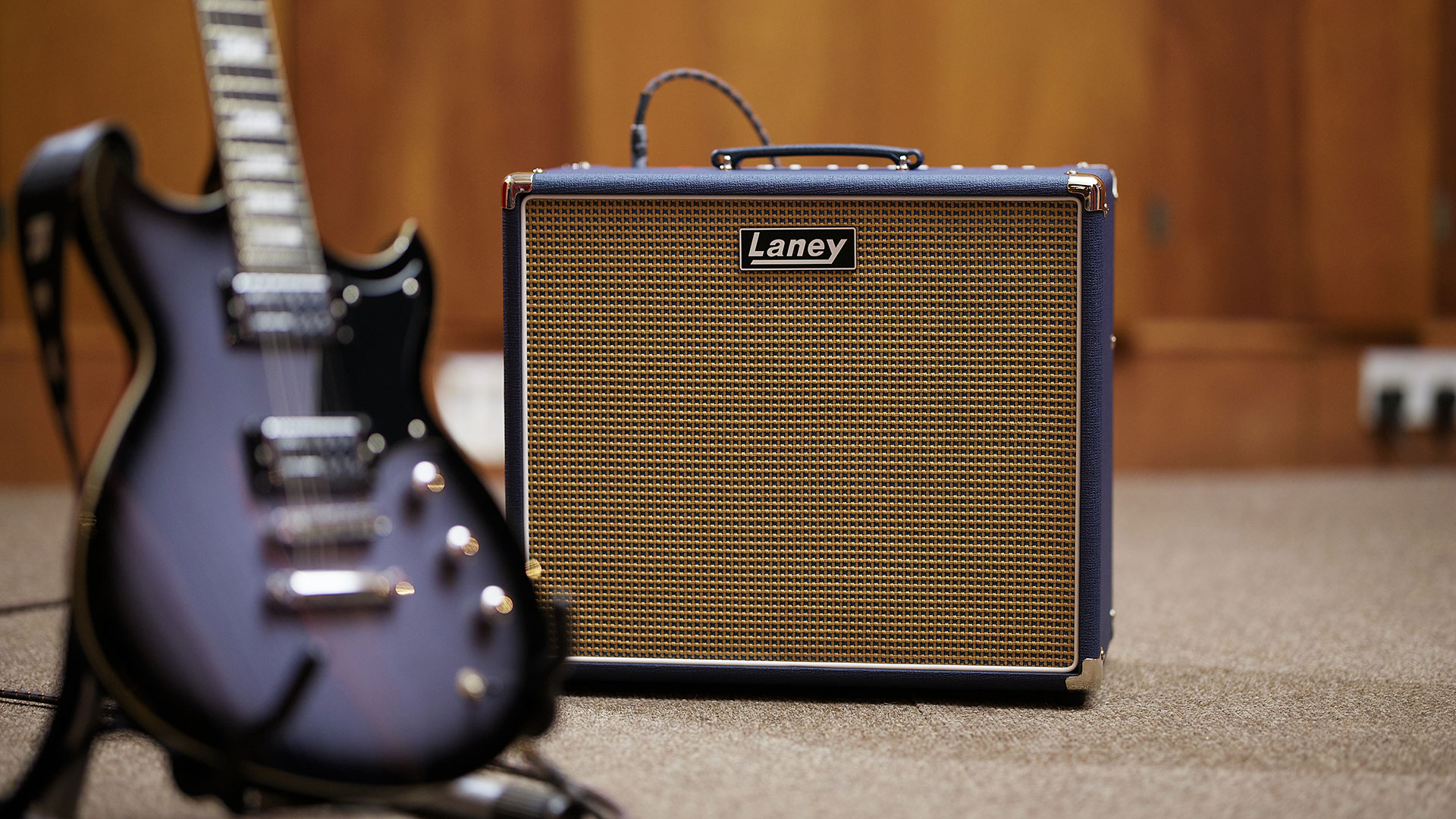
Visiting the effects department, that Secret Path pedal-derived reverb imparts a pleasant but neutral ambience that we enjoyed with the clean channel – neither obviously too ‘springy’ nor ‘roomy’ in nature.
The tremolo throbbed pleasingly with a richness of modulation evoking vintage valve-modulated designs. In Chorus mode, subtle depth settings could nail Message In A Bottle-like chorus, moving through to chewier flange sounds at higher depth levels.
With regard to the extended size of this cabinet – which houses the specially designed HH Acoustics H1260 driver – as expected, the added size did indeed translate into a noticeably larger sound stage than many single 12-inch combos can muster. The speaker stayed true and unfatigued at all volume levels, punching out detailed yet robust clean and overdriven tones alike.
Verdict
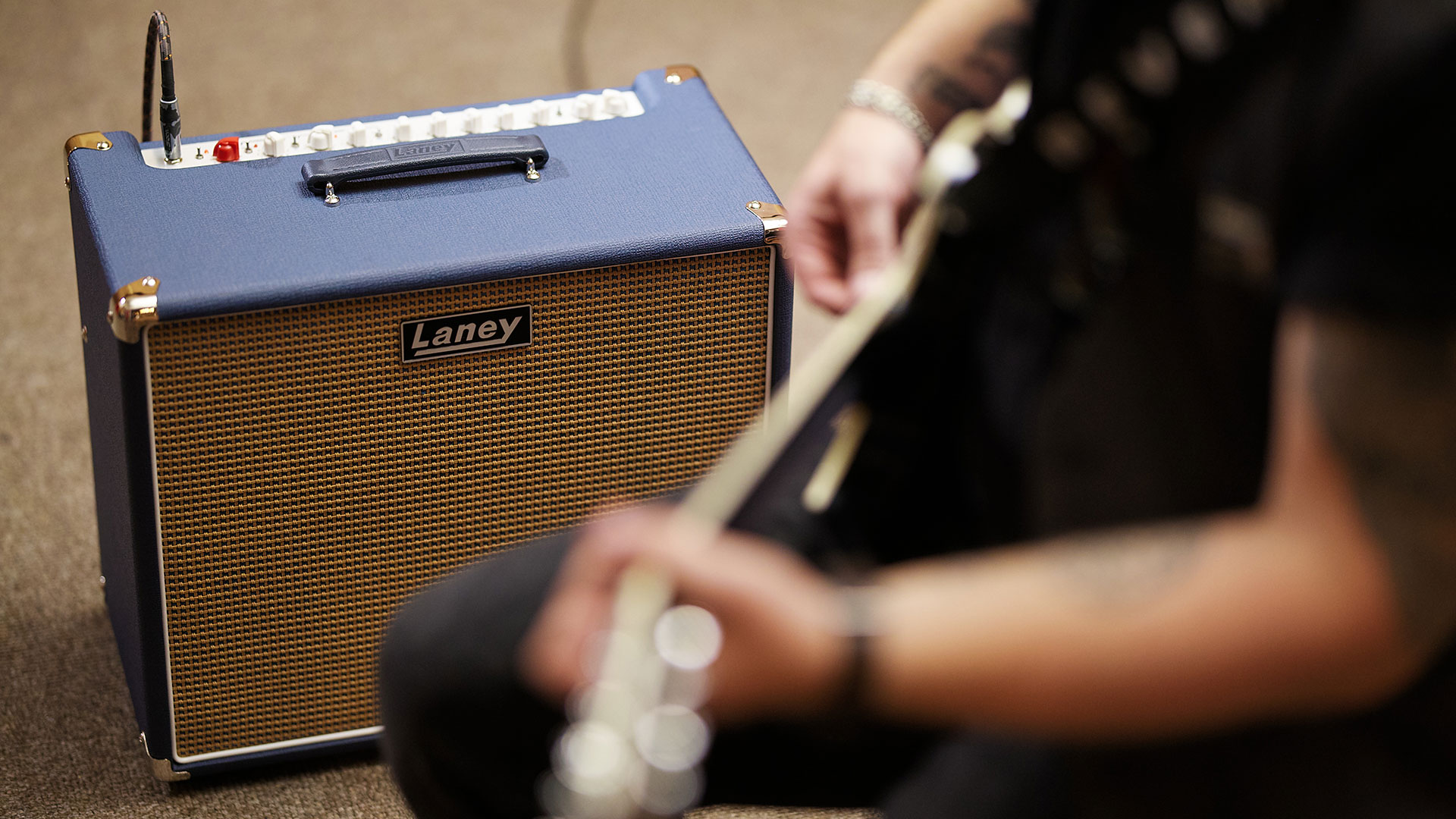
Here’s an amp that we thoroughly enjoyed using. Its ability to speak with a valve-like voice at stage levels in a package that’s liftable with one hand is something many of us could only have dreamed of in our younger days.
The flawless integration of the effects and speaker emulation is a testament to Black Country Customs’ efforts, too.
While the amp itself won’t reach valve-like temperatures, it certainly warms our hearts to know that in the future we’ll still be able to sound great on a gig without a monster valve amp pumping out behind us.






